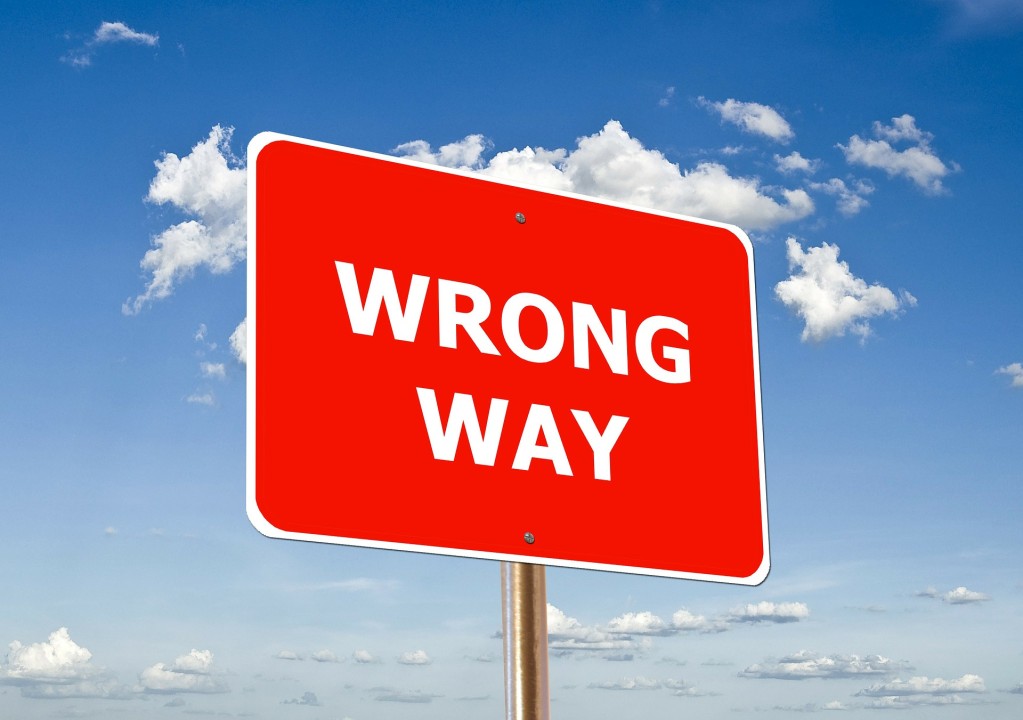
Before oral argument in the cannabis-cultivator eviction case of 65283 Two Bunch Palms Building LLC v. Coastal Harvest II, LLC (D4d2 May 5, 2023 No. E076654) --- Cal.Rptr.3d --- (2023) 2023 WL 3268852, the court issued a tentative opinion—partially certified for publication—against the tenant Coastal Harvest. Rather than have to face this unfavorable precedent in future cases, Coastal Harvest moved to dismiss the appeal.
But the court denied the motion. “Appellate courts are disinclined to grant such an “11th hour” request to dismiss an appeal,” the court said. This is especially the case when dismissal for strategic purposes, as seemed to be the case here: “And, appellate courts are generally loath to dismiss an appeal when it appears the dismissal is calculated to derail the creation of unfavorable precedent.”
What was the unfavorable precedent the cannabis-cultivator wanted so badly to avoid? Coastal Harvest argued that a statutory presumption of a one-year lease term applied to agricultural uses. (Civ. Code, §1943; Code Civ. Proc., §1161, subd. (2).) The trial court ruled that the cannabis-cultivation here was not agricultural.
But the Court of Appeal did not even reach this issue. Instead, the court noted that a different statutory presumption applied: the general presumption under Civil Code section 1943 that an oral lease is month-to-month. And even if the one-year presumption had applied, it was rebutted by the evidence of intent to create an month-to-month lease.
Still, it appears that Coastal Harvest did not want a published opinion that suggested that “growing cannabis in moveable pots within a wooden floor warehouse was not “agricultural use” because Coastal Harvest was not “cultivating the ground.””
The Upshot:
The time to consider the potential risk of an unfavorable published appellate opinion is before the appellate record is filed. Once the record has been filed, “[a]n appellant may not dismiss an appeal as a matter of right, and we have discretion not to dismiss the appeal.” (Jackpot Harvesting, Inc. v. Applied Underwriters, Inc. (2019) 33 Cal.App.5th 719, 728, fn. 10; see Cal. Rules of Court, rule 8.244(c)(2).) Use the time early in the appeal to carefully consider these risks.
Comment:
Many appellate practitioners, this writer included, support the appellate courts’ issuing tentative opinions. But when litigants use them to file strategic motions to dismiss as here, courts may second-guess the practice. Litigants should take care not to abuse tentative opinions—it risks spoiling it for the rest of us.